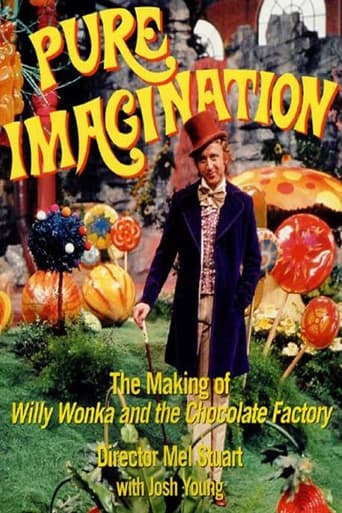TrueHello
Fun premise, good actors, bad writing. This film seemed to have potential at the beginning but it quickly devolves into a trite action film. Ultimately it's very boring.
David Phillips
This documentary struggles to make an impact until almost the last few seconds. It begins by tracing the circumstances that led the three main protagonists, Herman Wallace, Albert Woodfox and Robert King, to be incarcerated, not only in the Angola prison but to be held there is solitary confinement for so long. Each were petty criminals who seemingly had found themselves to be part of the Black Panther movement that was so prominent in the 1960's. The Black Panther movement was often likened to a militia and was the subject of much concern to the US government. Whilst their involvement with the Black Panther's seems minute, it appears as though this was their undoing and led to them being considered conspirators on a political scale rather than the petty criminals that they genuinely seemed to be. It is true that each was very outspoken about the prison conditions and the documentary hints that this too was a thorn in the side of the authorities and that the same authorities seized upon an opportunity to take them out of circulation when prison guard Brent Miller was stabbed to death. The story of their trial and subsequent conviction has to be seen to be believed. They were convicted of the murder of Brent Miller in 1972 – with Robert King being held under investigation of the conspiracy to murder considering he was not in the Angola prison at the time of the incident. All 3 have been held in solitary confinement, except for a brief respite during their appeals, ever since. Robert King was finally released in 2008 after some outside court bartering led to him admitting a lesser charge to ensure his freedom. Woodfox and Wallace remain in solitary confinement to this day. It either points to a conspiracy or incompetence at the highest level and I believe it was a combination of the two. Unless a conspiracy can outlive most of the original people involved, it almost seems as though the belief that these men were proved to have killed the guard is a self-perpetuating myth that has somehow become fact. The film concentrates on the facts and presents them well. The 3 men are not portrayed as angels and this helps show a balanced view of the crimes they did commit and those that they were accused of a plead innocence for. Phone calls with Woodfox and Wallace punctuate the talking head spots with relatives and former prison officers and interviews with King himself. However, in following such a well balanced narrative, the film came across to me as passionless; as though it was pointing out that this was a miscarriage of justice, but not that there was much that can be done about it. Nor did it raise the question that if this can happen once, perhaps miscarriages of justice on varying scales are rife throughout the American judicial system. The film was crying out for access to Woodfox and Wallace to look at them and empathise with their plight and to commend their spirit for not having been broken by the whole experience – alas, the fact that they remain in prison prevents that from happening. It is an interesting film, but it fails to connect on an emotional level aside from the end revelation that their appeals (which surely should have been a formality) were overturned and their convictions continue to stand. I think perhaps where is struggles is that the whole thing seems so outlandish that it almost does not seem real.But it is real: visit the site: www.angola3.org for more information and to take action. These guys have been in solitary confinement for almost 40 years for a crime that I do not believe their trials proved the committed.

